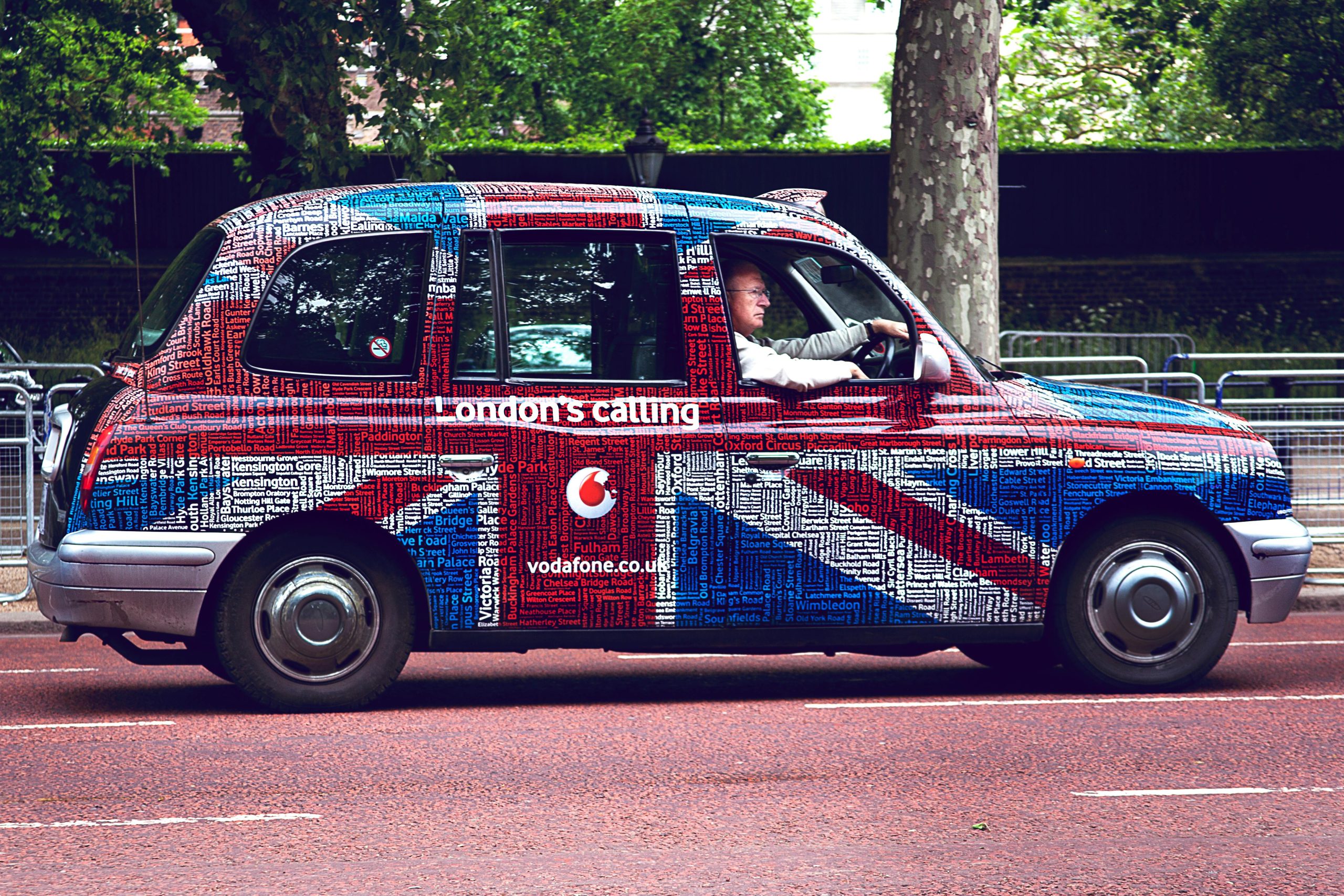The Entitlement of London Taxi Drivers: A Closer Look
In the vibrant streets of London, a contentious conversation has emerged surrounding the city’s iconic black cabs and the rise of ride-hailing apps like Uber. As a keen observer of this ongoing debate, I’ve engaged in numerous discussions with friends who drive black cabs, and their passionate responses raise important questions about the dynamics of the taxi industry.
The Price Debate
At the heart of the matter is the significant cost difference between traditional taxis and their ride-hailing counterparts. Many London taxi drivers express frustration at the choice made by potential passengers to opt for more affordable services. Time and again, I’ve encountered resistance when pointing out that black cabs can often be over 50% more expensive than platforms like Uber. The reaction from my friends is invariably one of disbelief; they seem unable to reconcile the fact that cost plays a critical role in the decisions made by commuters.
Understanding Customer Choices
This sentiment raises an interesting cultural issue within the realm of employment. The perception that opting for a cheaper alternative is somehow a lapse in judgment or loyalty suggests a sense of entitlement among some taxi drivers. It is not uncommon for professionals in various industries to feel that their skills, training, or experience should justify a premium price for their services. However, in a competitive market, the consumer’s choice ultimately prevails.
A Broader Perspective
This phenomenon is not exclusive to taxi drivers. Many industries experience similar feelings of entitlement, where professionals believe their expertise merits higher prices, overlooking the value that alternatives may provide to consumers. In an age where convenience, affordability, and technology shape our daily choices, maintaining an open mind about why customers choose one service over another is crucial.
Conclusions
As the landscape of urban transportation continues to evolve, it’s essential for those in traditional roles, like taxi drivers, to recognize the motivations behind consumer decisions. Rather than clinging to a sense of entitlement, embracing adaptability and understanding the broader market forces at play may lead to better outcomes for all parties involved. The dynamic between cost and choice will undoubtedly remain a hot topic in the future, and it’s a conversation worth continuing.


Insight from a London Resident’s Perspective
I appreciate the nuanced discussion about the dynamics between traditional taxi drivers and ride-hailing services in London. Having lived in the city for several years, I’ve observed that:
Perhaps solutions like modernizing traditional cab services or offering integrated booking options could bridge the gap, ensuring that both drivers’ livelihoods and customer choices align more seamlessly. It’s essential that we recognize the evolving landscape and support policies that promote fair competition, benefiting our diverse and vibrant city.
Insight from a London Resident on Taxi Industry Dynamics
As someone who commutes daily across London, I’ve observed firsthand how the evolution of transportation options impacts both drivers and passengers. While I appreciate and respect the professionalism and skill of traditional taxi drivers, I believe a deeper understanding of market forces is essential.
It’s worth noting that:
Encouraging an open dialogue between drivers and passengers about value, affordability, and service quality could foster mutual understanding. Embracing change and exploring innovative ways to add value might ultimately strengthen the reputation of London’s iconic black cabs while addressing the evolving needs of city commuters.